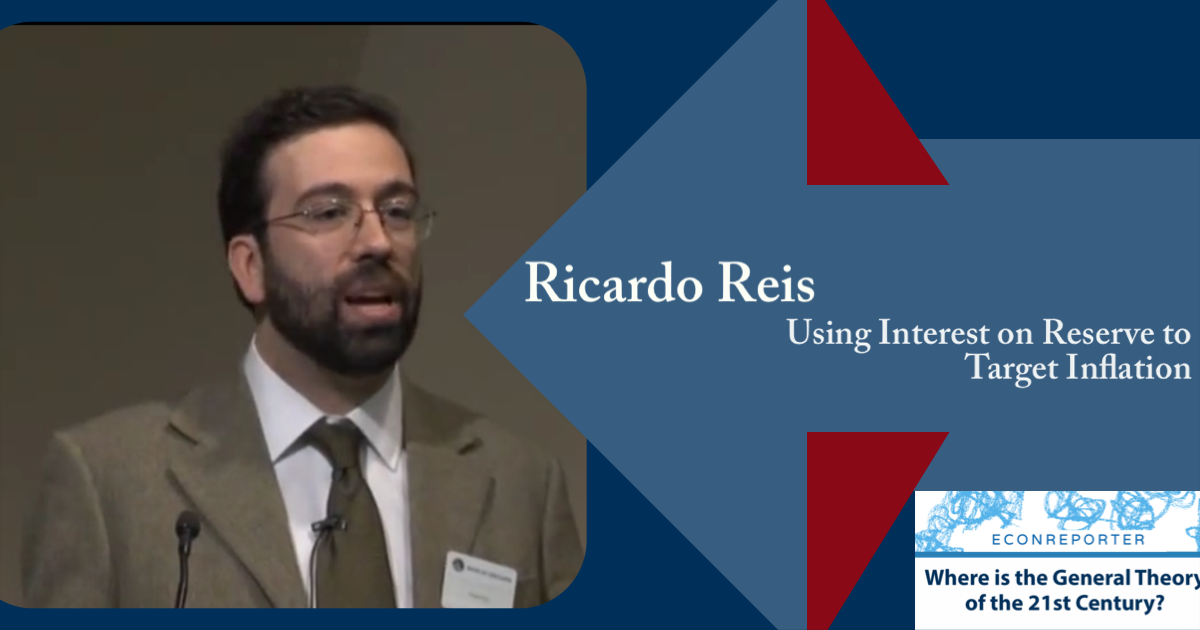Last Updated:
This weekend is a big one for behavioral economics. This morning, Richard Thaler, laureate of The Sveriges Riksbank Prize in Economic Sciences in Memory of Alfred Nobel 2017, has presented his prize lecture “From Cashews to Nudges: The Evolution of Behavioral Economics” in The Royal Swedish Academy of Sciences.
And this Sunday will be the Nobel Prize Award Ceremony, Prof. Thaler will finally receive his well-deserved Nobel prize.
Thanks to everyone who came and many thanks for the very warm welcome at the end. Truly touched. https://t.co/aXMax86gDS
— Richard H Thaler (@R_Thaler) December 8, 2017
To celebrate this occasion, I am honored to share with you my interview with two of the best co-authors of Prof. Thaler — Hersh Shefrin and Shlomo Benartzi.
Q10
What is next for Behavioral Economics in your professional opinion? Further developing Choice Architectures and Nudge? Continue the work on behavioral finance puzzles? Leaping forward to Neurobiological Economics? Maybe explore the final frontier on behavioral macroeconomics? Or is there any other directions which you think next generation of Behavioral Economists should explore?
Benartzi: I think there is at least one important trend that will shape the future of the field, and that is the shift to the online world, as consumers are making more and more choices on screens. The good news is that, if we get digital nudging right, we can develop scalable solutions. My own recent research in Psychological Science shows that digital nudges can be far more cost-effective than traditional interventions, such as tax incentives.
Shefrin: All of those! One topic on which I have written in the last few years pertains to the work of Hyman Minsky, whose insights I believe are fundamental to behavioral macroeconomics. Minsky had only a rudimentary knowledge of psychology, leaving modern behavioral macroeconomists with a lot of territories to explore.
You know, being vulnerable to availability bias, I realize that the new directions lie in areas I have yet to imagine.
EconReporter is an independent journalism project striving to provide top-notch coverage on everything related to economics and the global economy.
💡 Follow us on Bluesky and Substack for our latest updates.💡







